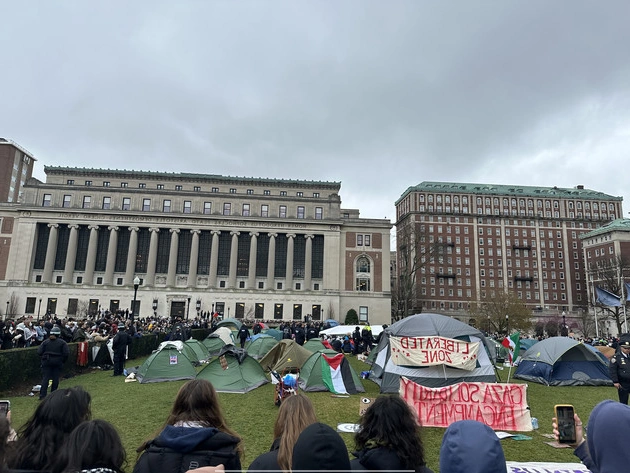
Columbia University’s interim president, Katrina Armstrong, resigned on Friday amidst escalating criticism and controversy surrounding the Ivy League school. This marks the second time an embattled leader has vacated the position in recent months, with President Donald Trump and other Republicans targeting the university over its handling of pro-Palestinian student activism.
The Resignation
Effective immediately, Armstrong stepped down from her role, and the school’s board chair, journalist Claire Shipman, has been appointed as the new interim president. Armstrong had taken over from Columbia’s former president, Minouche Shafik, who resigned in August.
David Greenwald, chair of Columbia’s board of trustees, expressed gratitude for Armstrong’s dedication during a tumultuous period for the university. “Dr. Armstrong accepted the role of interim president at a time of great uncertainty for the University and worked tirelessly to promote the interests of our community,” Greenwald stated. “Katrina has always given her heart and soul to Columbia. We appreciate her service and look forward to her continued contributions to the University,” he added.
The Wall Street Journal was the first to report Armstrong’s resignation, which comes on the heels of Columbia’s agreement to address nine demands from the Trump administration. These demands were tied to unlocking $400 million in research funding that had been frozen due to allegations of antisemitism on campus.
Controversy and Challenges
Besides the financial implications, Columbia University has been under scrutiny for its handling of student activism, particularly related to pro-Palestinian causes. The Trump administration’s immigration crackdown has also targeted individuals associated with such activism, including former graduate student Mahmoud Khalil, who is currently detained by Immigration and Customs Enforcement.
The university’s leadership changes and the ongoing controversies raise questions about academic freedom, political pressures, and the intersection of education and government policies.











